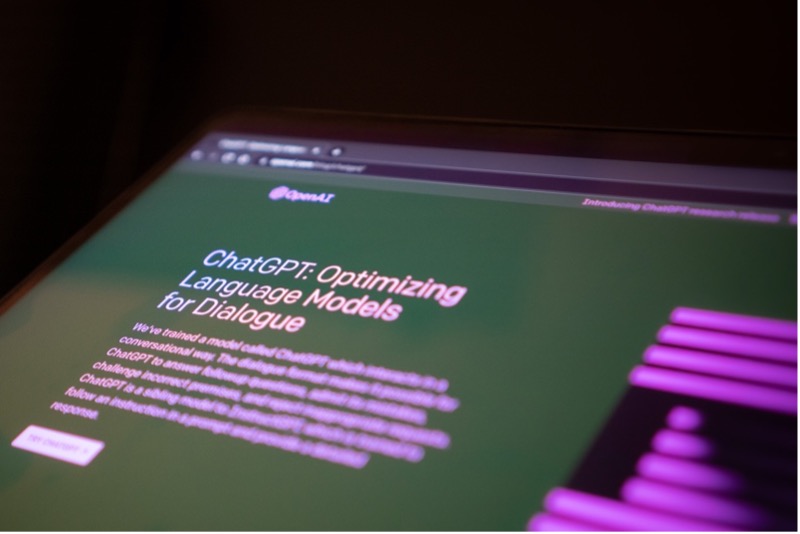Are you tired of unproductive, past-focused meetings that leave your team feeling disengaged? Sanjay Khosla, a senior fellow and adjunct professor of marketing at the Kellogg School, offers a refreshing approach to revamp your meetings. By following these five steps, you can transform your meetings into future-focused, engaging, and productive sessions.
Step 1: Focus on the Future, Not the Past
Khosla suggests shifting the focus of meetings from dwelling on past performance to prioritizing future initiatives. By allocating 70% of the meeting to address priorities ahead, leaders can create a more forward-looking and positive energy in the room.
Step 2: Replace Slides with Prep Work
To make meetings more efficient, Khosla recommends banning slide presentations and instead assigning pre-reading materials to be shared before the meeting. This allows participants to review progress and come prepared to discuss specific areas that require attention.
Step 3: Start with What's Working
Khosla advises starting meetings by celebrating successes and discussing positive aspects. This approach not only energizes the team but also encourages them to apply insights from successes to other areas that may need improvement.
Step 4: Listen to Your Meeting's "Conscience"
To ensure meetings stay on track, Khosla suggests assigning a "conscience" at each meeting. This individual is responsible for maintaining the meeting's focus on the future, ensuring clear communication, and addressing any bottlenecks or resource gaps.
Step 5: Build a BOM Rhythm
Before concluding a meeting, leaders should set the agenda for the next meeting and distribute it to members. This helps teams coordinate their efforts and maintain a continuous flow of communication between meetings.
By implementing these five steps, you can revolutionize your meetings, creating a more positive and action-oriented environment that drives long-term engagement and performance.
This approach, as advocated by Sanjay Khosla, offers a valuable framework for leaders looking to transform their meetings into future-focused and engaging sessions. By prioritizing the future, celebrating successes, and maintaining clear communication, teams can cultivate a more positive and action-oriented culture that drives long-term engagement and performance.




